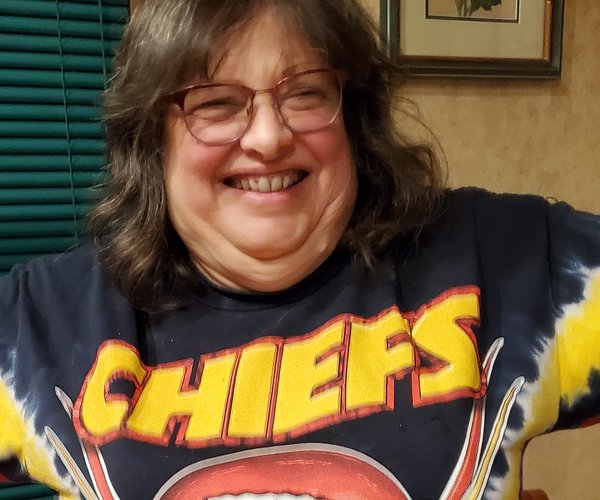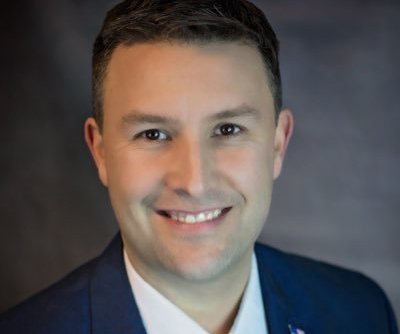



A week ago, Friday, Surgeon General Vivek Murthy announced he is pushing for the United States to strengthen the warning labels on alcoholic beverages. Much like the warning labels on cigarette packs, Murthy wants it to state that alcohol can cause cancer if ingested.
His statement coincides with the findings of the World Health Organization from last year that made the same claim. So, there must be truth in the findings.
According to nationalacademies.org, the National Academies of Science, Engineering and Medicine provides independent, objective advice to spark progress and advance science, engineering and medicine for the benefit of society – namely, us, the consumer.
Near the end of 2024, this organization released findings that said it’s possible “moderate” drinking may lessen the risk of dying or having heart attacks and strokes compared with not drinking at all. They did suggest some increased risks in breast and colorectal cancers, but didn’t mention others by name.
Since 1989, every bottle of alcohol sold in the United States has had a warning label which says pregnant women should avoid alcohol, that drinking may impair your ability to drive a car, plus a mention that consuming alcohol may cause health problems.
The Federal Cigarette Labeling and Advertising Act of 1965 became a public law. It mandated that the warning “Caution: Cigarette smoking may be hazardous to your health,” be exhibited on one side of the package. That warning has since been upped to mention cancer risks and pregnancy issues.
In 1971, with the implied intent to reduce cigarette smoking, mainly among young, easily influenced people, the Public Health Cigarette Smoking Act was passed by Congress and signed by then President Nixon, banning cigarette ads on television and radio. Not so funny thing – cigarette smoking increased.
No more Marlboro Man. No more Joe Camel. No more sexy babes smoking Virginia Slims. Remember the Tareyton slogan “I’d rather fight than switch?” These advertising agencies made cigarettes glamorous.
We all know that it’s next to impossible to find a place to smoke in public. Thank goodness for that. As one that quit smoking 35 years ago, I applaud the decisions and regulations put in place to stop public smoking. Smoking in public isn’t healthy for anyone.
But drinking is a totally different animal. It is universally accepted by nearly every culture in the world. Obviously, there are many, many people who look at alcohol as the devil. That’s their right to do so. But why is it that Prohibition was repealed by the passage of the Twenty-first Amendment to the United States Constitution on Dec. 5, 1933?
What makes alcohol different than tobacco? Why is alcohol readily available if it is such a health concern? Would the Super Bowl be the same without all the beer ads?
People make conscious choices when it comes to what they place in their own bodies. It’s not unusual for me to enjoy a cold beer or a whisky on the rocks – more than what the Surgeon General says is good for me. I knew about the warning labels on cigarettes, but I honestly had never paid attention to warnings on alcohol containers.
Tobacco and obesity are the leading causes of cancer, followed in third place by alcohol. I’ve never once confused an Old Milwaukee for a fruit smoothie. I’m aware of the risks of imbibing. But if obesity is worse than alcohol, when do we start seeing warning labels on food products? Maybe they’re already there. I haven’t looked.
I’m not upset that the government watchdogs may force changes to the warning labels to include the risk of cancer. But the two different messages are making it very confusing. The simple answer is don’t drink and definitely don’t smoke. If you still choose to partake, do so in moderation. You may get cancer, but you won’t have a heart attack or a stroke. It’s our informed decision to make.
We’ve all been warned.
— Keith Lippoldt





